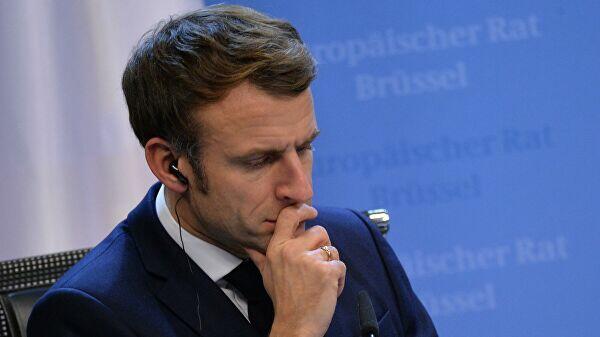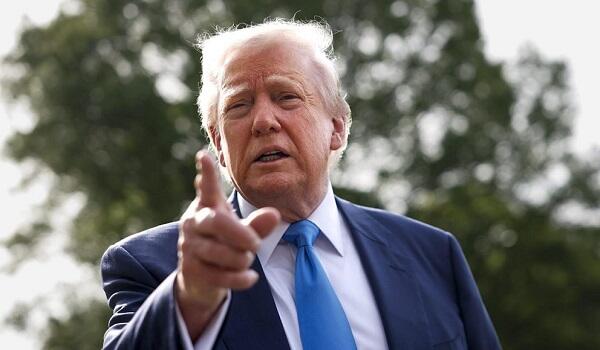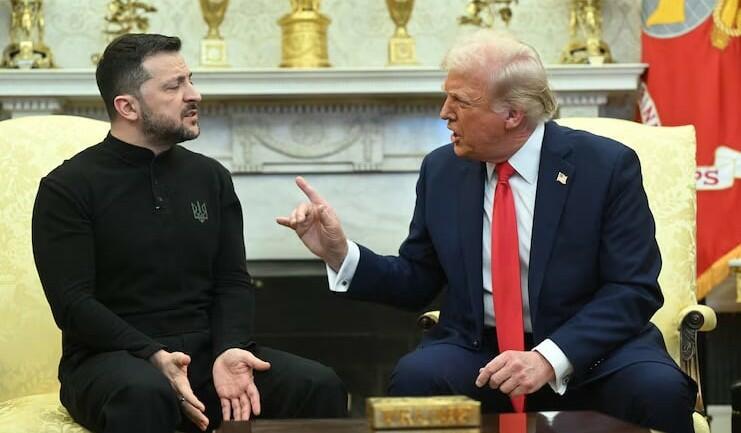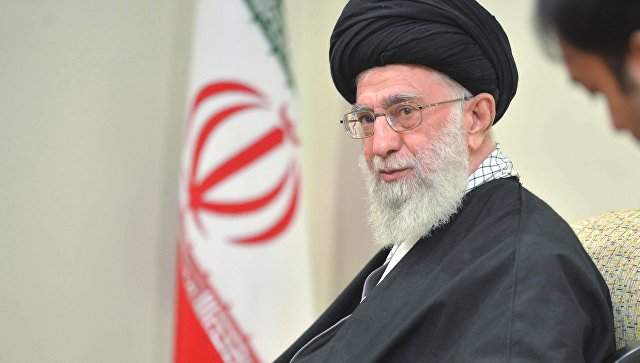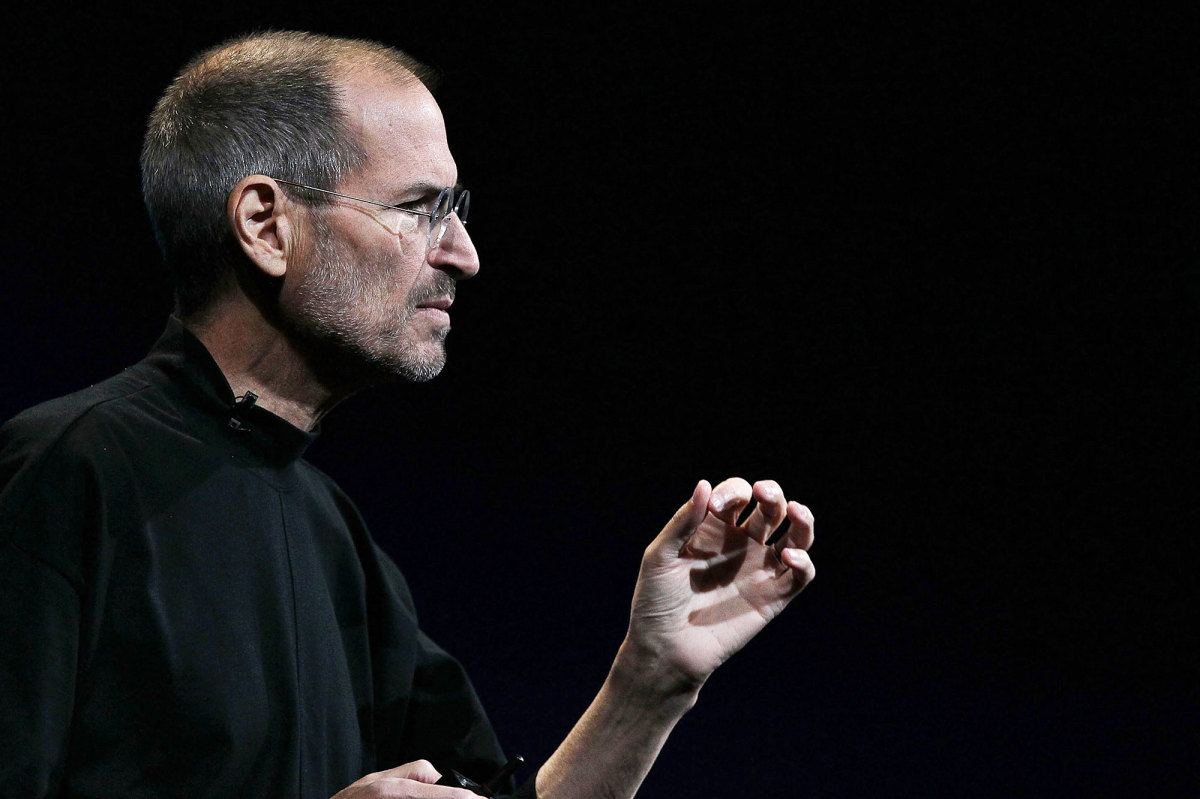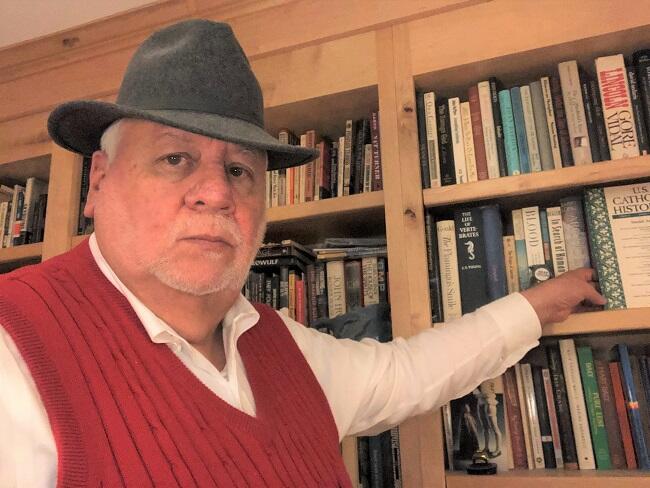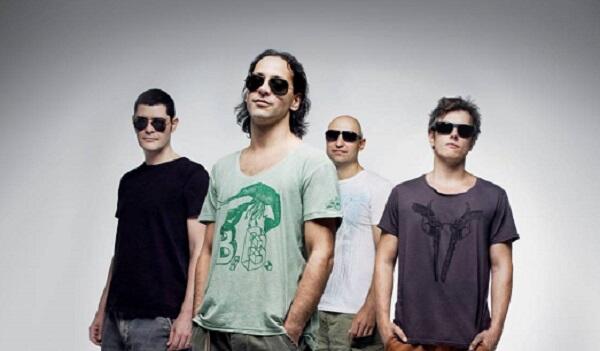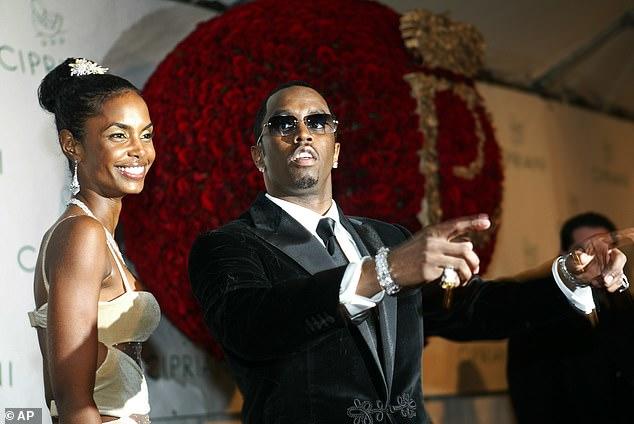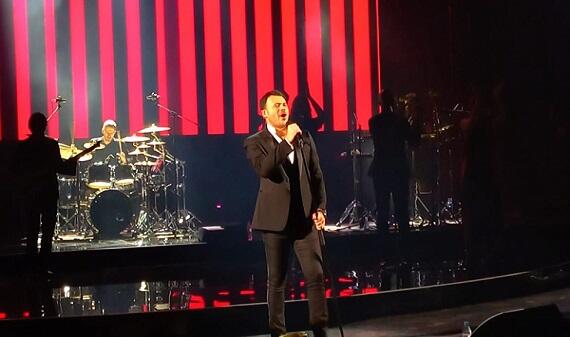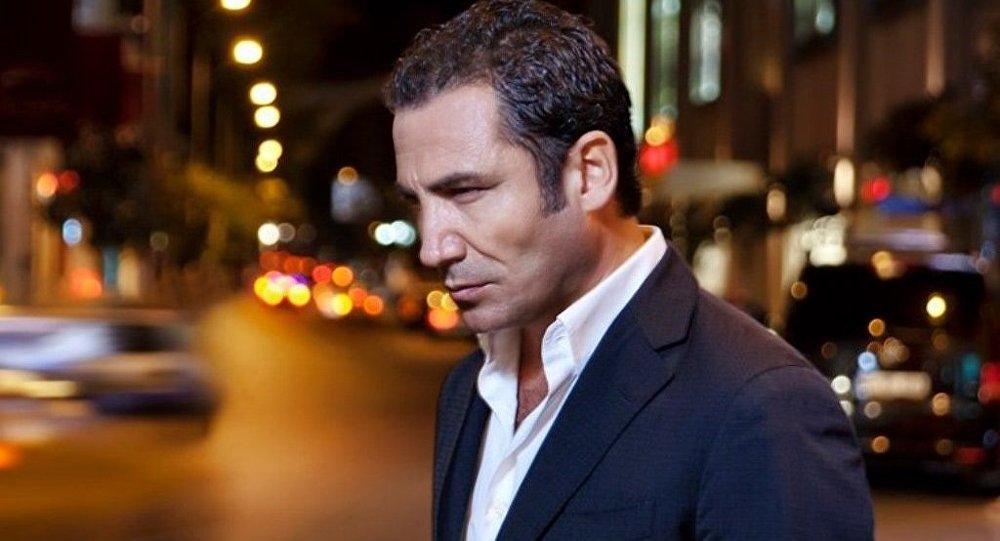Toward the end of his life, Steve Jobs was open to the idea of an afterlife. Not long after his untimely death, a Buddhist sect claimed that Jobs had been reincarnated as a "celestial warrior-philosopher living in a mystical glass palace hovering above his old office."
If that's true, perhaps in the moments that's he's not screaming "No! No! No!" to the awkward way Tim Cook has launched the iWatch, Jobs is wondering why more people aren't reading the books he loves (or loved, as the case may be).
What strikes me most about Jobs's list is that, unlike Bill Gates's list, almost all the books are about a single individual overcoming enormous odds and obstacles in order to transform either the world, himself, or both. Sorta makes sense, eh?
1. 1984, by George Orwell
What it's about: One man's desperate struggle against an all-pervasive state that is committed to controlling people's thoughts as well as their behaviors.
2. Atlas Shrugged, by Ayn Rand
What it's about: A single individual brings the world to a halt by persuading the world's innovators to withdraw from it.
3. Autobiography of a Yogi, by Paramahansa Yogananda
What it's about: The author, by describing his life experiences, attempts to explain the laws behind both the ordinary events and miracles alike.
4. Be Here Now, by Baba Ram Dass
What it's about: Describes the author's spiritual transformation through yoga.
5. Cutting Through Spiritual Materialism, by Chögyam Trungpa
What it's about: The book argues against the tendency to see spirituality as a form of self-improvement and that instead that liberation comes from the letting go of the self.
6. Diet for a Small Planet, by Frances Moore Lappe
What it's about: Rules for a healthy diet, along with many recipes for protein-rich meals that do not include meat.
7. Inside the Tornado, by Geoffrey A. Moore
What it's about: This sequel to Moore's masterwork Crossing the Chasm provides a road map for marketers who want to help innovators reach customers.
8. Moby Dick, by Herman Melville
What it's about: The book describes the monomaniacal quest of Captain Ahab to revenge himself on Moby Dick, the albino sperm whale that had on a previous voyage destroyed Ahab's ship and bit off his leg.
9. Only the Paranoid Survive, by Andrew S. Grove
What it's about: Probably the best "Here's how I did and you can too" book from a successful CEO. Unlike most such authors, Grove delves as deeply into his failures as his successes.
10. The Innovator's Dilemma, by Clayton Christensen
What it's about: The book presents the classic argument that technology no longer develops incrementally and instead is subject to regular "disruptions" that favor small, nimble companies and organizations.
11. The Tao of Programming, by Geoffrey James
What it's about: A collection of parables about computer programming based on the classics of Taoism.
12. Zen Mind, Beginner's Mind, by Shunryu Suzuki
What it's about: It provides the basics of Zen and Zen meditation, including the method that Jobs himself used to center himself during difficult moments in his career.
